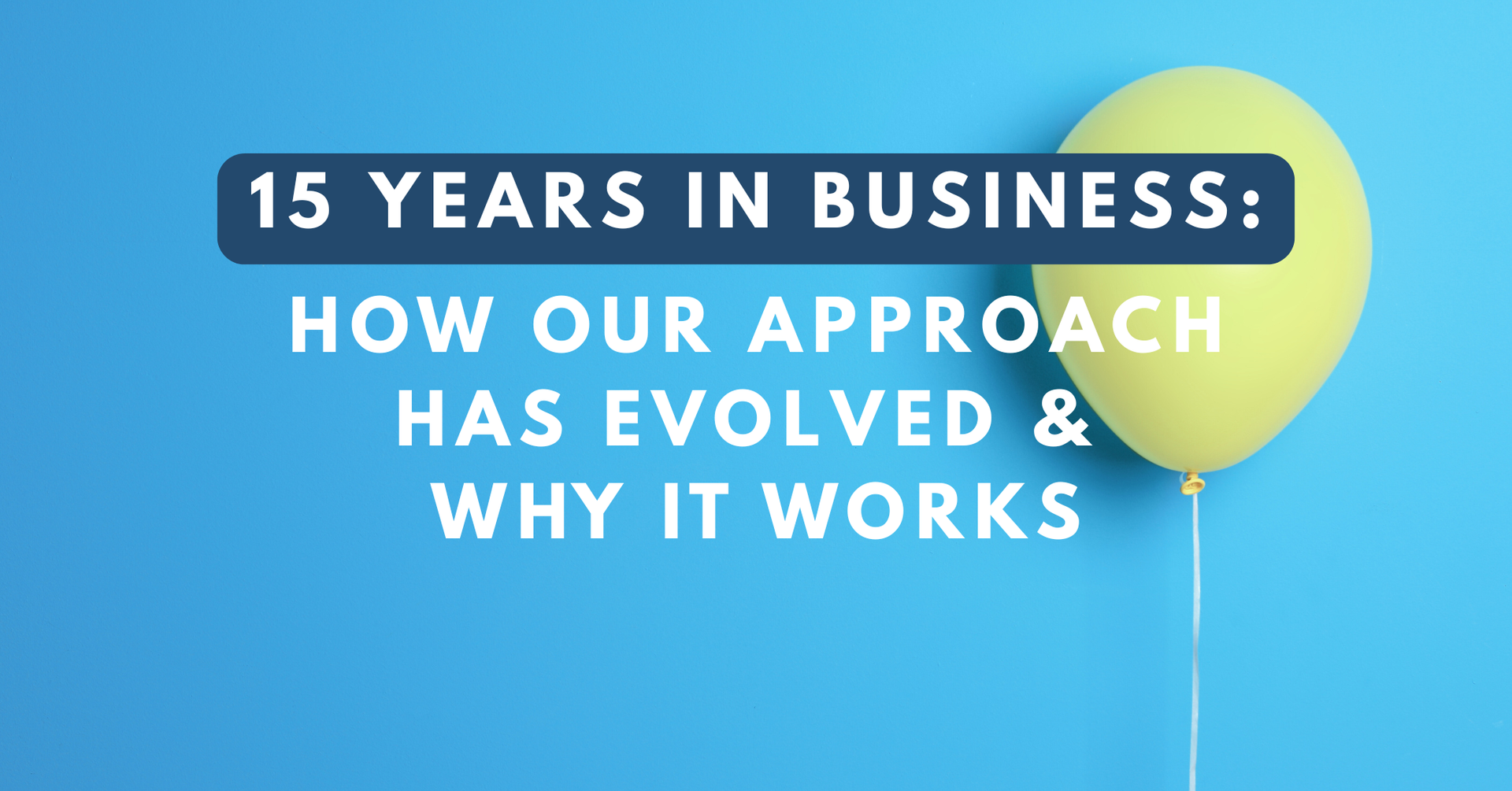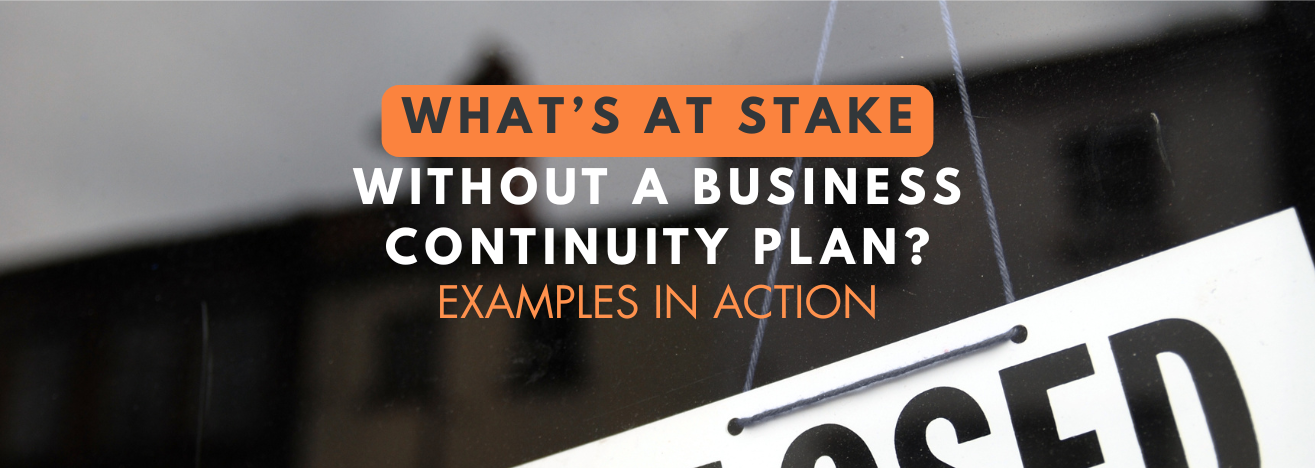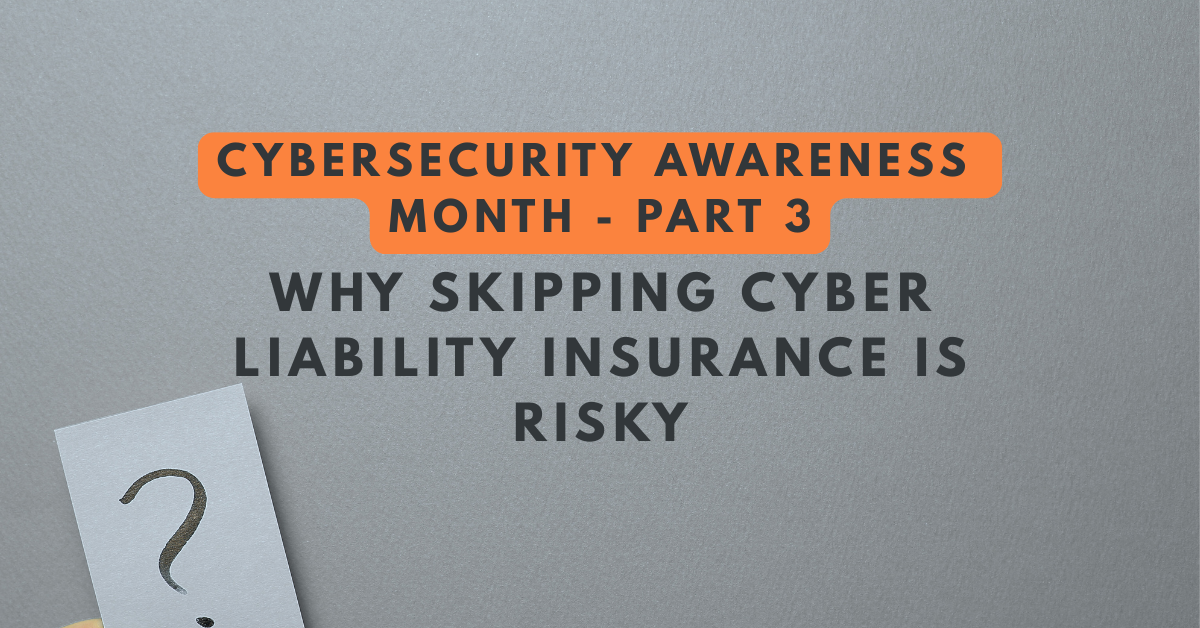Info on Controlled Insurance Programs That Every Contractor Should Know
See How We're Different
or call us: (858) 384‑1506
One of the most misunderstood or overlooked insurance products for construction industry professionals is Controlled Insurance Programs (CIPs).
It’s essential for contractors to understand CIPs, whether an OCIP (Owned-Controlled Insurance Program) or CCIP (Contractor-Controlled Insurance Program).
Mike Fusco explains CIPs and provides info that every contractor should know in this video.
You should take the time to watch if you believe the procurement of a CIP is suitable for your project or if you’re looking at a project that involves a CIP.
WHAT IS A CONTROLLED-INSURANCE PROGRAM?
One party may decide to procure a centralized insurance program on behalf of all (or most) parties performing work on a construction project or a specific site.
Once procured, the party ‘wraps’ all parties into the program, including developers, general contractors, and sub-contractors.
When secured by the contractor, we refer to the CIP as a CCIP.
When secured by the owner, we name the CIP an OCIP.
In either case, the premise of the coverage remains the same.
WHY AN OCIP OR CCIP?
There are several reasons why one party may decide to purchase an OCIP or CCIP, including, but not limited to the following:
- The type of project may present coverage issues for many of the parties involved in the project. For example, it is common for general liability policies to exclude new condominium projects. So, the project owner purchases an OCIP to provide the proper coverage.
- The CIP designates policy limits to one project. Thus, losses on other projects or sites will not exhaust limits.
- It allows the owner to control the insurance costs for the project.
- It eliminates the burden on the owner or contractor to collect certificates and additional named insured endorsements on subcontractors’ renewals (think occurrence form).
- CIPs allow for the sharing of costs and deductibles in the event of a claim against multiple contractors.
As you notice, CIPs may create lots of flexibility for project owners or leaders. In addition to the information listed above, there are other reasons construction professionals will look into CIPs for protection.
WHAT YOU NEED TO KNOW ABOUT PROJECTS WITH CIPs
If you are actively bidding on projects, you must understand the availability of a CCIP or OCIP.
There are many reasons why this is important, but here are three that are most critical:
- In most cases, you will contribute to the cost of a CIP by providing a bid credit. The cost of your practice policy will usually determine your contribution to the CIP, which holds for general liability, employers’ liability, and excess liability.
- If the project is multi-unit, securing insurance without a CIP is difficult and costly. Most general liability policies exclude new multi-unit construction.
- If a CIP is available on a project, BUT you will not enroll, your policy may exclude coverage. Your insurance company may even exclude coverage if your policy protects new multi-unit projects simply because of the placement of the CIP.
Once you gain experience with CIPs, you will realize the importance of reading your bid invitation and contracts.
HOW CAN FUSCO ORSINI & ASSOCIATES SUPPORT MY CIP NEEDS?
The team at FOA can help in many ways.
First, if you require assistance enrolling in a CIP, we have lots of experience with the process.
Second, if you believe a CCIP or OCIP will help meet your protection needs for your project, we have 50+ years of combined experience placing Controlled Insurance Programs and the services required to maintain them.
And finally, we are happy to answer all of your questions regarding CIPS, whether large or small. So complete our form below, and we will reach out! Thanks again for visiting!







